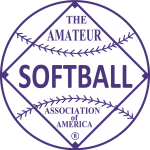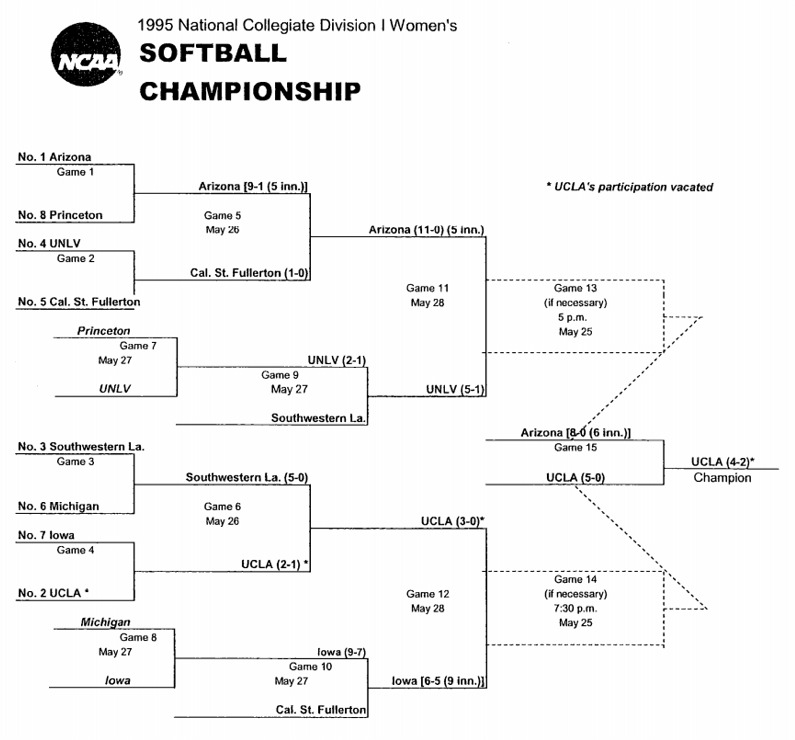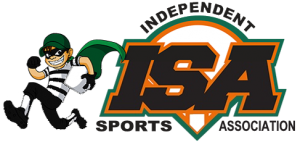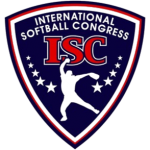Amateur Softball Association committee might decide as early as today to not allow new high-powered bat.
Like another famed offensive machine, the “T-bat” may be heading the way of the T-Rex.
The titanium bat, banned for some fast-pitch and modified fast-pitch tournaments by the Amateur Softball Association last month, could get the same treatment today when the ASA equipment standards committee addresses the bat’s future in slow-pitch.
Merle Butler, the ASA umpire-in-chief, said that the Sporting Goods Manufacturers Association has completed an independent study of the bat. Five members of the seven-person committee met Friday in Oklahoma City to discuss the report’s findings. They were scheduled to meet again today and take a vote on the bat’s future in ASA-sanctioned events.
Bats using a titanium-based alloy enable the ball to jump off faster and travel farther. But critics say the ball leaves the bat so quickly that the risk of injury to infielders and pitchers is increased because their reaction time is cut.
Easton sports manufactures titanium bats in Burlingame, and Jim Darby, senior vice president of promotions, has heard the criticism.
“Their concerns are ours, too,” he said. “We want the game to be safe. We’re in this world of lawyers, too. “I’ve heard of no injury peculiar to the bat. I just hope people will keep an open mind and say, ‘OK, the bat has been out on the market for a year; let’s give it a fair evaluation.’ ”
But Darby and others involved in the titanium-bat industry admit that the bat’s future doesn’t look promising.
“Even though it’s approved now, it’s going to be very difficult to keep the bat on the market,” said Darby. Chris Chaney, manager of the San Diego-based Professionals Choice/TPS club that played at the recent Super National slow-pitch qualifier in Bakersfield, said the titanium bat is changing softball, and not necessarily for the better.
“It’s really changing the dynamics of the game,” said Chaney, whose team is sponsored by Tournament Player Series, a subsidiary of Hillerich & Bradsby Co., which makes Louisville Sluggers. “The average power hitter becomes a home run hitter. And what are you going to do? You can’t move the fences back because the fences are already established.”
Clearing the 300-foot fences at Sports park was no problem for Chaney’s club, which in one half-inning sent 33 batters to the plate, hit 21 home runs and scored 29 runs in a 71-52 victory over D&D Thoroughbred of Seattle, Wash. The half-inning lasted 64 minutes.
“I like home runs, but I also think there’s a place for the singles and spray hitters in softball,” said Chaney, whose team would eventually finish third.
Titanium bats have already been banned by the U.S. Slo-Pitch Association and National Softball Association. ASA also initially outlawed the bat but lifted the ban until conclusive testing could be done.







